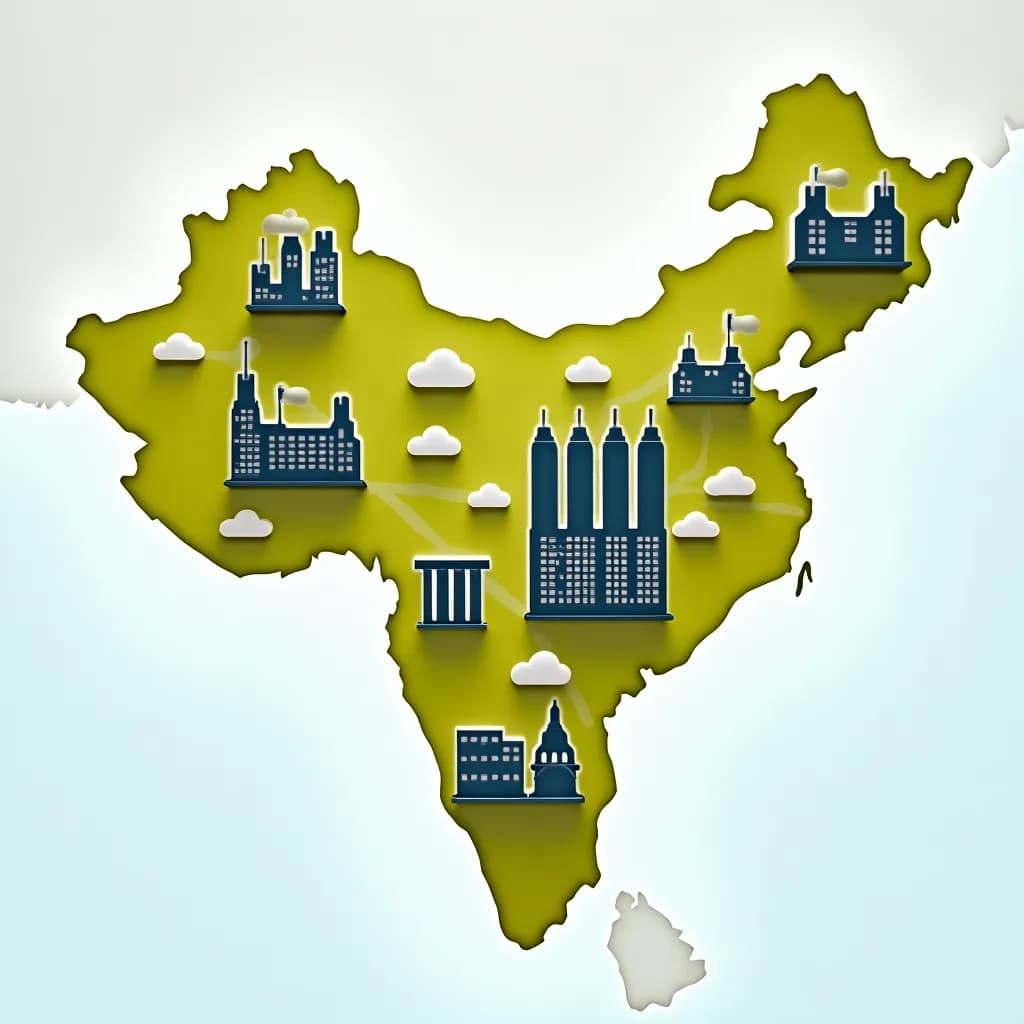In recent years, social movements have become a defining feature of the global political landscape, influencing policy changes and societal attitudes. From the Women's March to Black Lives Matter, these movements have demonstrated the power of collective action. But how do these movements translate their social clout into political change? This article explores the mechanisms and impacts of social movements in shaping modern politics.
## The Anatomy of Social Movements
### Understanding Social Movements
Social movements are organized efforts by a large group of people to achieve a common goal, often related to social change. Unlike political parties, they are not structured around electoral processes but rather focus on grassroots mobilization and advocacy.
**Key Characteristics:** - **Grassroots Origins:** Social movements typically begin at the grassroots level, driven by citizens directly affected by the issue at hand. - **Non-Hierarchical Structures:** Many movements operate without strict hierarchical leadership, relying on decentralized networks. - **Focus on Social Change:** The primary aim is to bring about social change rather than gaining political power.
### Historical Context
Historically, social movements have played crucial roles in shaping society. The Civil Rights Movement in the United States, for instance, led to significant legislative changes, including the Civil Rights Act of 1964. These movements often spark broader societal shifts by challenging existing norms and highlighting systemic issues.
## The Impact of Social Movements on Politics
### Policy Influence
One of the most direct ways social movements impact politics is through policy changes. These changes can occur at local, state, or national levels.
- **Black Lives Matter Movement:** The movement has been pivotal in pushing for police reform and accountability. According to a 2020 study by the Pew Research Center, public support for Black Lives Matter increased significantly following several high-profile incidents of police violence, leading to policy changes in various cities. - **Environmental Activism:** Movements like Extinction Rebellion have raised awareness about climate change, influencing policies on renewable energy and conservation efforts.
### Shaping Public Discourse
Beyond policy, social movements shape public discourse, influencing how issues are perceived and discussed.
- **MeToo Movement:** This movement has significantly altered conversations around sexual harassment and assault, leading to increased awareness and changes in workplace policies worldwide. - **LGBTQ+ Rights:** Over time, the activism for LGBTQ+ rights has resulted in widespread recognition and legal protections, such as the legalization of same-sex marriage in multiple countries.
### Mobilizing Voter Engagement
Social movements also play a crucial role in voter mobilization. By raising awareness and educating the public on specific issues, these movements can influence electoral outcomes.
- **Youth-Led Climate Strikes:** These have mobilized young voters, emphasizing the importance of environmental policies in elections. - **Gun Control Advocacy:** Organizations like March for Our Lives have successfully engaged young voters, advocating for stricter gun control laws.
## Challenges Facing Social Movements
### Sustaining Momentum
While social movements can garner significant attention, sustaining momentum over time is challenging. Many movements face obstacles such as resource constraints and internal divisions.
- **Resource Allocation:** With limited financial resources, sustaining activities and campaigns can be difficult. - **Internal Conflicts:** Divergent views and strategies within movements can lead to fragmentation, weakening their impact.
### Political Pushback
Social movements often encounter political resistance, as established institutions may view them as threats to the status quo.
- **Legislative Barriers:** Governments may introduce laws to limit the activities of activists and organizations, such as restrictions on protests or funding. - **Media Representation:** The portrayal of social movements in media can significantly influence public perceptions, sometimes undermining their legitimacy.
## Conclusion
Social movements have become powerful agents of change in modern politics, driving policy changes, reshaping public discourse, and mobilizing voters. However, they also face significant challenges, from sustaining momentum to overcoming political pushback. As society continues to evolve, the role of social movements in shaping political landscapes will likely become even more pronounced. Understanding their dynamics is crucial for both political analysts and policymakers aiming to navigate this complex and ever-changing environment.
In sum, the power of social movements lies in their ability to harness collective action for societal change, proving that even in a rapidly changing world, the voice of the people remains a potent force for progress.







